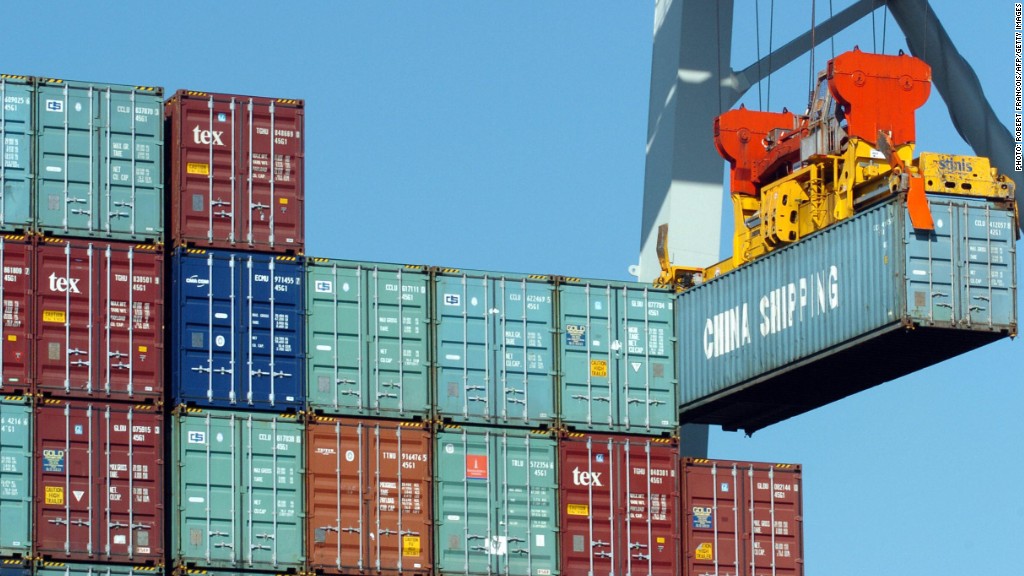
A failure by politicians in the United States to avoid the fiscal cliff could drag down economies on the other side of the globe, according to a new analysis by a United Nations agency.
The report, written by the U.N. Economic and Social Commission for Asia and the Pacific, suggests that downward pressure on global trade and slack demand from the U.S. will have grim results in Asia.
A failure to resolve the crisis could "significantly impact growth in the region," the report warns. And growing policy uncertainty could result in a flood of capital to Asia -- a destabilizing trend.
If the U.S. falls off the cliff, some Asian countries could see growth decline by up to 2.2 percentage points, with particularly negative ramifications for export-based economies like Singapore and Hong Kong.
GDP growth in China, now the world's second largest economy, could slow by nearly one percentage point in the worst-case scenario. Most of that impact would result from a decline in trade, though the analysis also accounts for the impact of possible changes in inflation and interest rates.

The automatic spending cuts and tax increases associated with the fiscal cliff are set to take effect in January. Congress could punt and sign a stop-gap measure, come to a grand bargain or perhaps fail to take any action.
Related: Perils of going over the cliff temporarily
A total failure could send the U.S. back into recession and would likely result in substantial job losses. In Asia, the economic ramifications will vary widely depending on the ultimate action by Congress.
For example, growth in export-dependent Singapore is projected to fall by 0.2 percentage points if the U.S. only enacts the scheduled automatic spending cuts.
But if the U.S. also goes forward with most of the possible tax hikes and allows unemployment benefits to expire, Singapore's GDP could fall by 2.2 percentage points.
Dimon: Solve fiscal cliff, U.S. economy will soar
The U.N. model also accounts for a projected decline in both indirect and direct trade. For example, if the U.S. stops importing a product that is assembled in China from components made in Singapore, that would translate into slower growth for both countries.
Shuvojit Banerjee, one of the report's authors, said that economies like Singapore, Hong Kong and China need to look closer to home for growth in order to blunt the full impact of the cliff.
"You have to try and improve regional trade," he said, pointing to regional markets like India and China that could help absorb the impact of reduced demand in the U.S.


